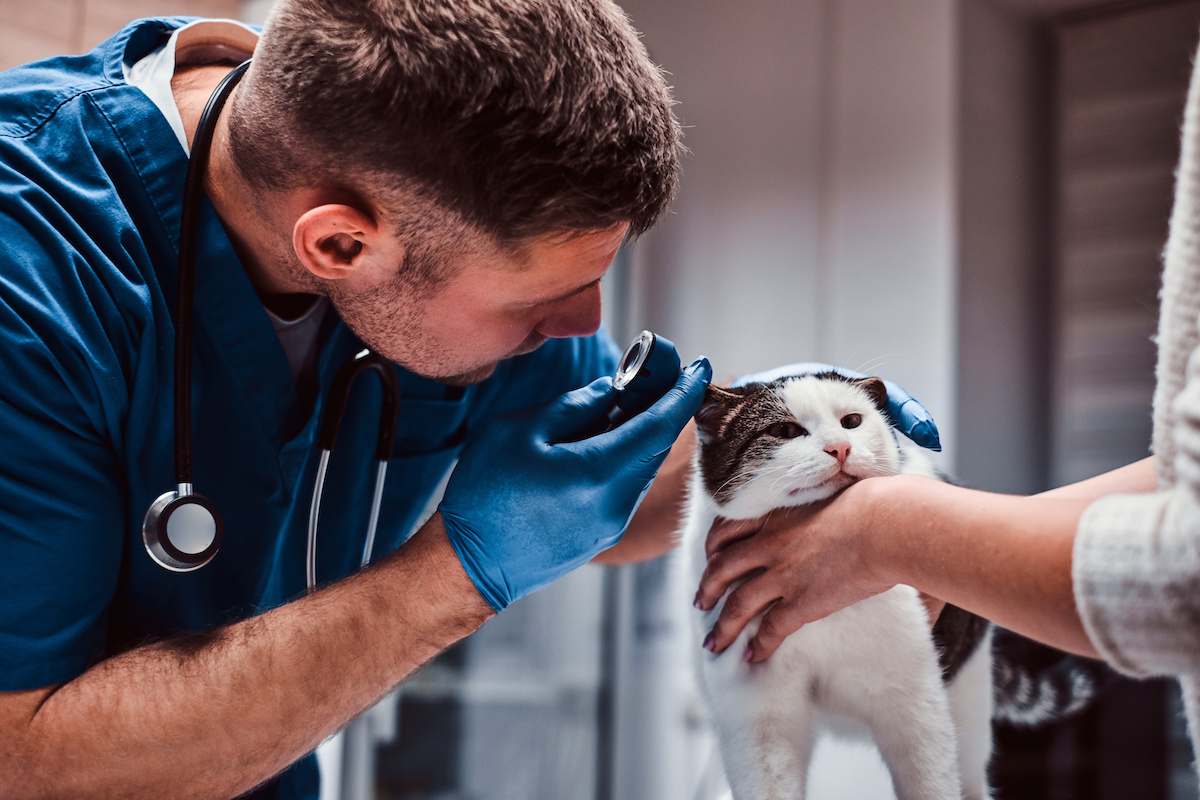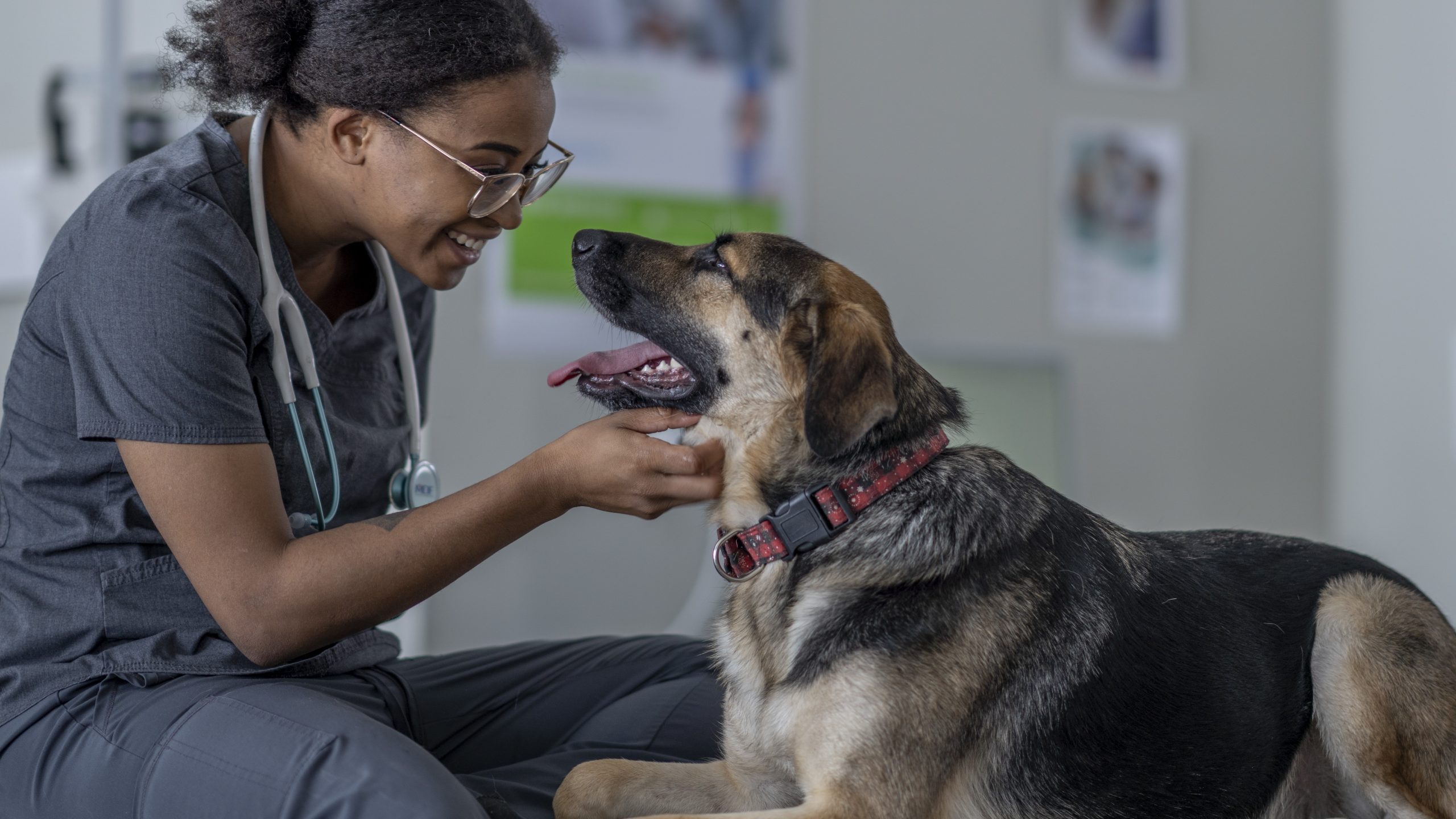What to Expect Throughout a Comprehensive Pet Health Checkup at Your Regional Vet
What to Expect Throughout a Comprehensive Pet Health Checkup at Your Regional Vet
Blog Article
Vaccination Guidelines From Your Relied On Vet
Inoculation guidelines offered by your trusted veterinarian play a vital function in securing your animal's health and wellness and well-being. Core vaccines are fundamental for all pets, while non-core vaccinations can be tailored to certain way of lives and environmental direct exposures. Understanding the subtleties of vaccination schedules, which start as early as six to 8 weeks, is crucial for optimum protection. Furthermore, dealing with common false impressions bordering vaccinations can additionally enhance family pet owners' self-confidence in these safety nets. As we discover these critical elements, it becomes increasingly clear why normal examinations with your veterinarian are essential for informed decision-making.

Value of Inoculations
Vaccinations play an essential function in securing family pets against a series of preventable diseases. By stimulating the body immune system to recognize and combat particular microorganisms, vaccines considerably decrease the incidence of infectious illness that can impact a family pet's health and wellness and durability. Not only do inoculations safeguard individual pets, however they also contribute to herd resistance, thus decreasing the overall frequency of illness in the animal population.
Prompt inoculations assist to alleviate the spread of diseases such as rabies, parvovirus, and distemper, which can have severe consequences for both humans and pet dogs. Vaccinations are frequently a need for boarding facilities, brushing services, and pet parks, making them important for those that want to socialize their family pets.
Core Vaccinations for Pets
While the certain inoculation needs of pets can differ based upon individual factors, core injections are widely advised to protect against one of the most severe and typical illness (Pet Health Checkup). Core injections are those deemed crucial for all animals, despite their way of life or geographic area, as they protect versus possibly fatal and extremely transmittable diseases
For pet dogs, the core vaccinations consist of those for canine distemper, parvovirus, adenovirus (hepatitis), and rabies. Adenovirus can result in liver disease, while rabies is a zoonotic disease that positions a danger to both people and family pets.
In pet cats, core vaccines encompass feline panleukopenia, feline calicivirus, feline herpesvirus (rhinotracheitis), and rabies. Feline panleukopenia is an extremely transmittable viral disease that influences the body immune system and intestines. Calicivirus and herpesvirus are major factors to upper respiratory system infections in cats, while rabies stays an important issue for public wellness.
Consult with your veterinarian to guarantee your animals get their core vaccinations on time.
Non-Core Vaccines Explained
Non-core vaccines are customized to resolve particular dangers connected with a pet's direct exposure, setting, and way of living to specific diseases. Unlike core vaccines, which are globally advised for all family pets, non-core vaccines are thought about based on individual circumstances. These vaccines are especially important for animals that might experience special virus because of their geographical location, traveling habits, or tasks.
Examples of non-core vaccines consist of those for Bordetella bronchiseptica, which is linked to kennel cough, and Lyme disease, brought on by ticks. Pets that often communicate with various other animals, such as those in boarding facilities, dog parks, or grooming settings, might gain from Bordetella inoculation. If you live in a location where Lyme condition is prevalent, immunizing versus this disease can be a prudent option for outdoor-loving pets.
Various other non-core injections might consist of those for leptospirosis, canine influenza, and feline leukemia, relying on the specific danger variables existing. It is vital to have an extensive discussion with your veterinarian about your pet's lifestyle and the potential requirement for these vaccines, making sure a customized inoculation approach that ideal protects your hairy close friend.
Vaccination Arrange Introduction

As animals mature, it is essential to adhere to the suggested booster vaccinations. Veterinarian Enterprise. For adult pets, core vaccinations are generally provided each to 3 years, relying on the specific vaccine and regional laws. Non-core vaccinations may be recommended based on way of life aspects and local condition prevalence, demanding a customized approach
Regular veterinary examinations are essential for upgrading inoculation check my blog routines. Your vet can give advice on one of the most appropriate booster shots for your pet, factoring in age, health standing, and ecological threats. By remaining aggressive and educated, family pet proprietors can guarantee their fuzzy friends receive timely and effective vaccinations, thereby safeguarding their wellness and health throughout their lives.
Common Misconceptions Concerning Vaccinations
Misunderstandings about pet inoculations can bring about complication and unwillingness among pet dog proprietors relating to the immunization process. One widespread misconception is that injections are unnecessary for interior pet dogs. While it's real that indoor pets encounter reduced threats, they are not totally immune to illness, as microorganisms can be presented with various means, including human clothing and various other pet dogs.
An additional misconception is that vaccinations can create the conditions they aim to avoid. Actually, a lot of injections consist of suspended or attenuated pathogens, which can not trigger condition in healthy pets. Some animal proprietors likewise think Veterinarian Enterprise that their animals need to not be vaccinated if they are currently healthy; nevertheless, inoculations are a positive measure that assists avoid the beginning of disease.
In addition, several pet owners fear that vaccines will certainly bring about long-lasting wellness difficulties. While side impacts can occur, they are short-lived and normally moderate. The benefits of inoculation-- shielding animals from potentially life-threatening illness-- much outweigh the threats. Understanding these common misconceptions is essential for liable animal possession and making certain the health and wellness of your furry buddies. Always consult your vet for precise details tailored to your animal's particular requirements.
Verdict
In recap, adherence to vaccination guidelines is vital for making certain the health and wellness and durability of pets. Eliminating typical misconceptions bordering vaccinations better enhances the value of notified decision-making in pet treatment.
Not only do vaccinations protect browse this site private pets, but they additionally add to herd immunity, therefore minimizing the overall occurrence of illness in the animal populace.
False impressions about family pet inoculations can lead to confusion and reluctance among family pet owners regarding the immunization process. While it's true that interior pet dogs deal with lower threats, they are not totally immune to illness, as pathogens can be presented through various ways, including human clothes and various other pet dogs.
Some family pet owners additionally believe that their pet dogs need to not be immunized if they are currently healthy; nevertheless, vaccinations are a proactive step that helps avoid the start of ailment.
The benefits of inoculation-- protecting animals from possibly deadly diseases-- much exceed the risks.
Report this page